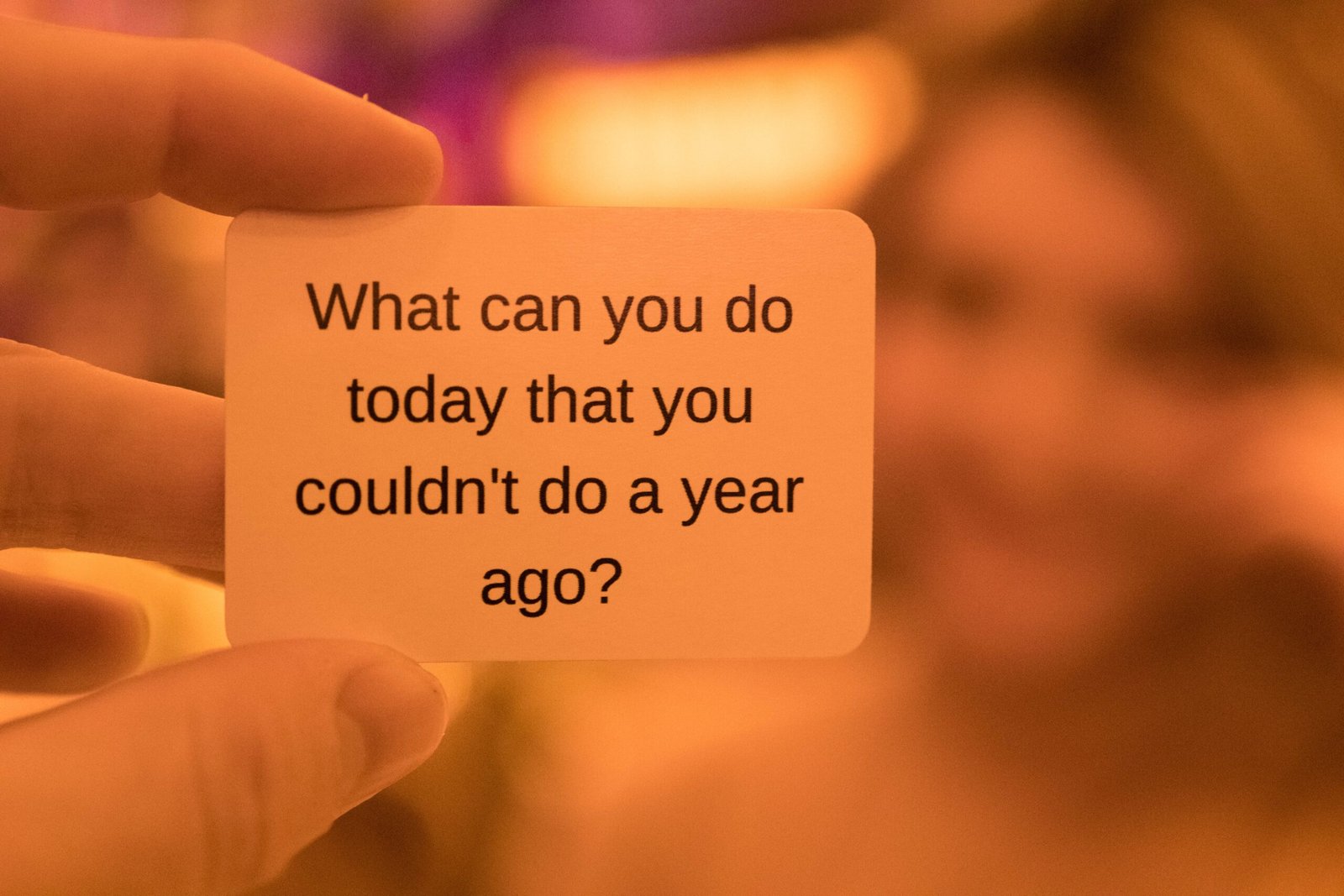
NCACE has just launched its new Collaborations Champions Network to bring together people with experience, understanding and an appetite for increased collaboration between higher education and the arts and cultural sectors. As a long-term advocate who has previously discussed place-making and collaboration at an NCACE Evidence Café I was interested to find out more.
The network aims to support NCACE’s goals to evidence and showcase the social, cultural, environmental impacts of these collaboration activities, as well as the economic. For the various Champions, who recently met online for the first time, knowledge exchange was summed up as the bringing together of organisations and people to make or do something for social good that can’t be achieved alone.
To practice what we ‘preach’, the (virtual) room contained representatives from the arts and culture sector, various Higher Education disciplines and levels of experience, from ECR to Pro Vice Chancellor. Partnership working between academia and the culture sector is not new, and has many formats - as NCACE note, knowledge exchange in general is “a well-established activity with many different models, manifestations and positive effects”. There remain challenges and barriers to doing this effectively, for all parties. It is not that we haven’t learned these lessons: rather that new people are always joining the conversation, and there have been no fixed or central gatekeepers to pass on the knowledge of what does and doesn’t work. With that in mind, we also raised the question of the value of participatory and practice-based work as a means of knowledge interpretation and exchange.
My own research interests relate to creative industries policy and evidence, as part of the AHRC Policy and Evidence Centre and working with the University of Manchester’s Creative@Manchester initiative, with a developing focus on specific places and how the policy and creative / cultural ecosystems intertwine. In this context, the pandemic, and policy responses such as the recent Boundless Creativity report, have re-invigorated an interest in how the creative and cultural sectors contribute to cohesion and recovery, in part calling for a knowledge hub for the cultural ecology to draw this together.
“As the virus’ threat to our physical health recedes, culture will increasingly serve as the marker for the spiritual health of the nation.” Boundless Creativity July 2021
Does this agenda for renewal and recovery through the creative / cultural sector offer a new or different opportunity for knowledge exchange - particularly for smaller organisations and freelancers? How do larger organisations and non-cultural partners work effectively with micro-organisations and freelancers / independent artists across the cultural ecosystem? As a group of champions for collaborative working and knowledge exchange, our discussion highlighted a need for a more collective understanding (both qualitative and quantitative) of our shared audiences and communities, so that smaller organisations don’t have to build collaborations from scratch every time.
Our discussion also raised questions of power and control in the relationships that are developed, particularly with smaller organisations. Negative experiences of ‘knowledge exchange’ include a lack of reimbursement for collaboration time (at best), and a feeling of exploitation and harvesting of experience (at worst). This consideration of power might be equally useful in thinking through place-based approaches - not just who is represented but how loud is their voice and how much are they able to influence? What works in a place? What does a place mean to those who are in and from it? How can this understanding help to shape support for those people and places? This is not a binary academic / practitioner issue either - Higher Education Institutions and policymakers are also ‘of’ place. In Manchester, the history of relationships between the universities and art schools and city cultural leaders, as well as national policy bodies, has shaped the development of the city’s civic and cultural institutions, and continues to underpin the terms and conditions of collaborations between organisations and individuals today.
This consideration of the ethics of knowledge exchange offers a seam for developing specific suggestions for good practice, and builds on a longstanding thread of work for NCACE and predecessors. How do we listen, and what will we do with the knowledge that we generate - that people are trusting us with? How do we hold and capture knowledge, as well as share it? What can and should academia learn from the sector? If we are genuine about seeking collaboration with non-academic partners on their terms, we also need to be prepared to go to where they are, and to listen.
We talked about the need for Knowledge Exchange to be a two-way process and that it must be wanted by both parties. It isn’t always about making a change - it is about understanding better, richer and more meaningfully. It is about helping people in places communicate and express their needs, especially where this has been lacking. And it is about those with power and influence learning to listen. Just like concepts of place, knowledge exchange practice is iterative - specific and situated, and it might change in the doing. We are not championing a fixed end point, but a way to keep conversations and collaborations open.
